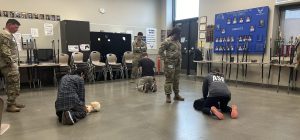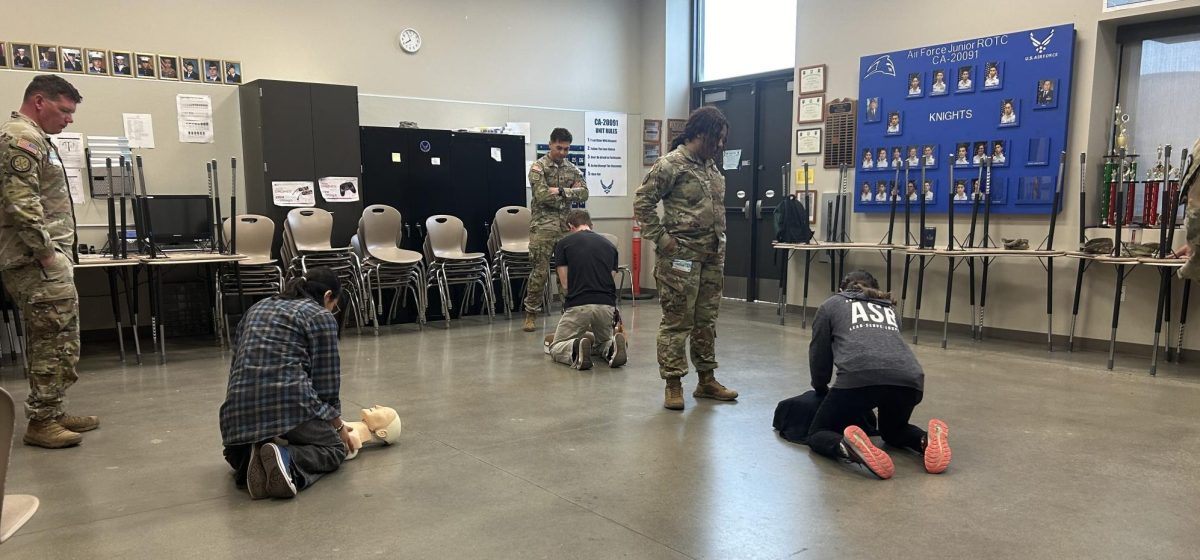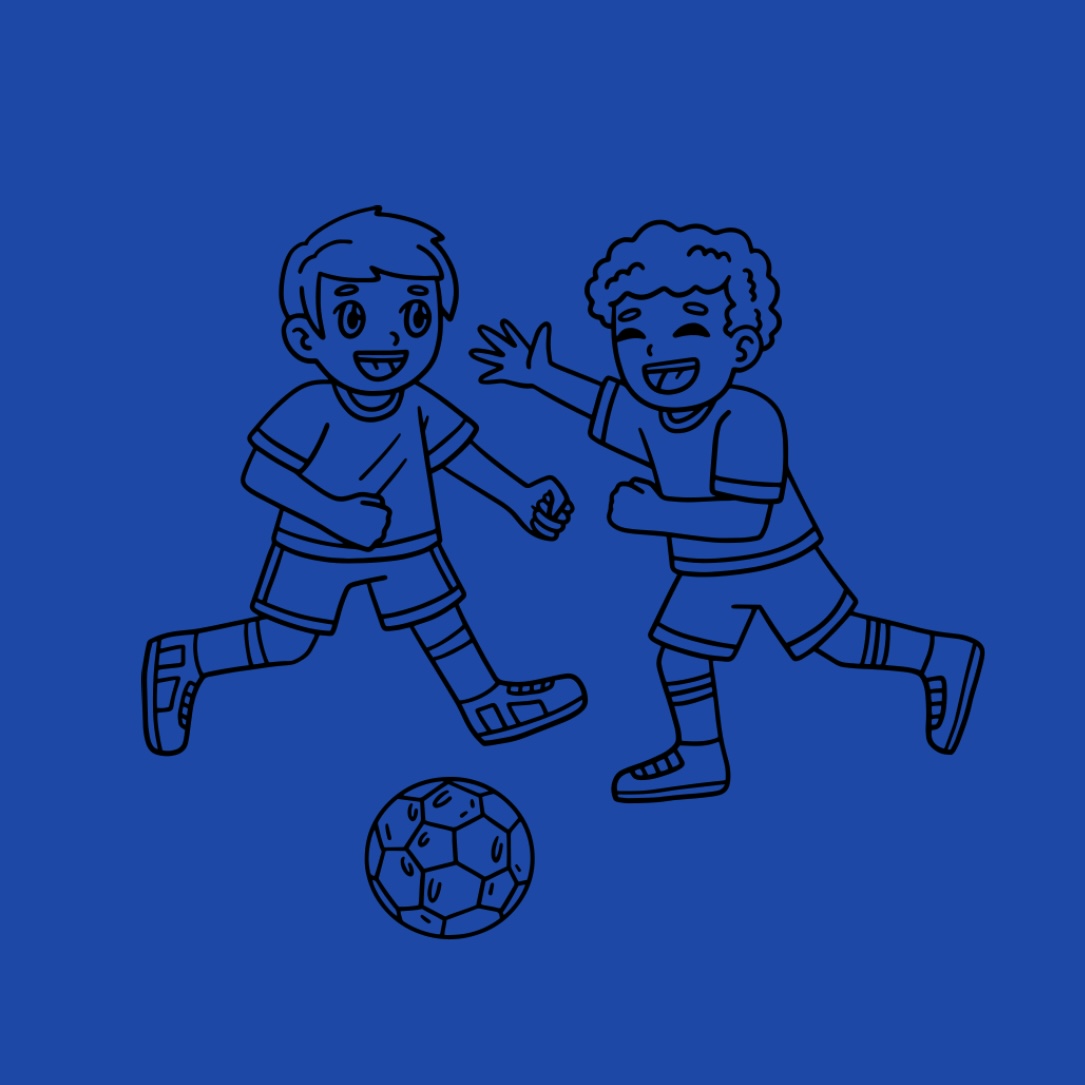America’s armed services. Military personnel dedicate themselves to the line of duty for the purpose of protecting our country. While these individuals have responsibility within their careers, many of them are also prevalent figures in a child’s life as their parent. Currently, 1.6 million children in the United States are impacted by their parent’s military profession. From excessive moving, to absence of deployed parents, these kids overcome challenges everyday so their parents can serve.
Military brats, a nickname given to children who have parents serving in the military, grow up accustomed to changing schools periodically. Unfortunately, the burden of excessive moving falls upon their social skills.
“I couldn’t really make friends in school and retain them… within a month, [we’d be] moving. I’d be the last person to know when we’d move,” freshman Joshua Clark said.
Clark’s mother is a Navy veteran, and when she held her position, his family had to move often. According to the US Department of Defense, military families are ordered to move at least once every 1-4 years on average; threatening their ability to develop lasting, long-term relationships with other individuals of the same age. According to top ranking hospital, Mayo Clinic, friendships are extremely important for any person’s mental health. The social disadvantage of constant moving becomes significant in the lives of military families.
Not only are peer relations heavily impacted by military orders, but, consequentially parent-child connections are in jeopardy as well. Schedules are inconsistent, and not much notice is given to neither the families nor the working individuals.
“He had to travel a lot…I didn’t really get to know [my father] a lot when I was younger,” Freshman Jayla Sok said Sok’s father served in a higher position in the military, allowing her family to stay relatively stationary in their home. However, her bond with him was affected nonetheless.
Depending on the branch one is in, military personnel can be deployed every one to three years. Deployments last anywhere between six to twelve months. Meaning many children are without one parent for an extended period. Without the benefit of common quality time, kids are unable to strengthen their relationships with their military parents.
In creating a supportive community at San Marcos High School, it’s necessary to recognize the struggles these students are facing. Notice that those in military families may be undergoing difficulties in their home life due to their parent’s position, and by being considerate of the hardship they’re facing with absent parents and constant moves, we can become a public where students want to be.




















